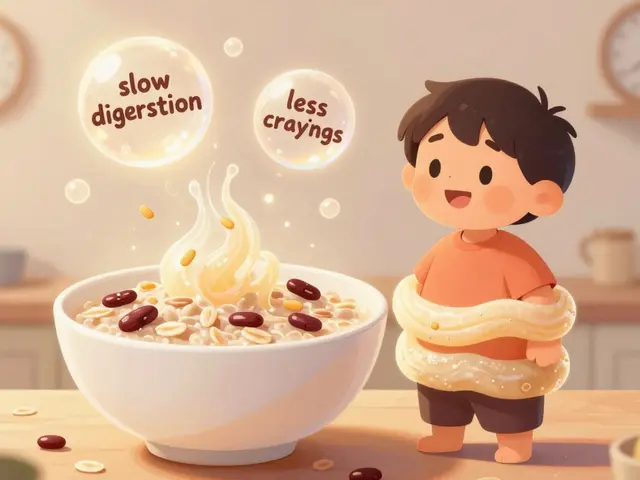
Circadian Rhythm: How Your Body Clock Affects Sleep, Medication, and Health
When you feel wide awake at night or groggy in the morning, it’s not just bad luck—it’s your circadian rhythm, the internal 24-hour cycle that regulates sleep, hormone release, and body temperature. Also known as your biological clock, it tells your body when to sleep, when to wake, and even when to digest food or release stress hormones. This rhythm isn’t just about sleep. It affects how your liver processes drugs, when your blood pressure peaks, and why some medications work better at certain times of day.
Your melatonin, the hormone your brain releases in darkness to signal sleep is the main driver of this cycle. But it’s not just light that messes with it—shift work, jet lag, late-night scrolling, and even irregular meal times can throw it off. When your circadian rhythm gets disrupted, it doesn’t just make you tired. Studies show it can reduce how well your body absorbs certain meds, increase side effects, and even raise the risk of chronic conditions like high blood pressure or diabetes. That’s why timing matters. Taking a blood pressure pill at night instead of morning? For some people, it cuts stroke risk. Taking pain meds when your body naturally produces less painkillers? You might need more. And if you’re on thyroid meds like levothyroxine, taking them at the same time every day—preferably on an empty stomach—makes a big difference because your gut absorbs them better when your rhythm is steady.
It’s not just about sleep. Your medication timing, when you take your pills relative to your body’s natural cycles can change how effective they are. Extended-release drugs are designed to work with your rhythm, not against it. Some painkillers, antidepressants, and even cholesterol meds are more effective—or less likely to cause side effects—when taken at specific times. That’s why understanding your rhythm isn’t just helpful, it’s part of smart health management. The posts below dive into exactly that: how your body’s clock influences everything from gout flares and opioid side effects to how you respond to thyroid meds and sleep aids. You’ll find real, practical tips on syncing your meds with your rhythm, fixing disrupted sleep, and avoiding the hidden traps that make treatments fail—not because the drug doesn’t work, but because you took it at the wrong time.
-
7 Nov







